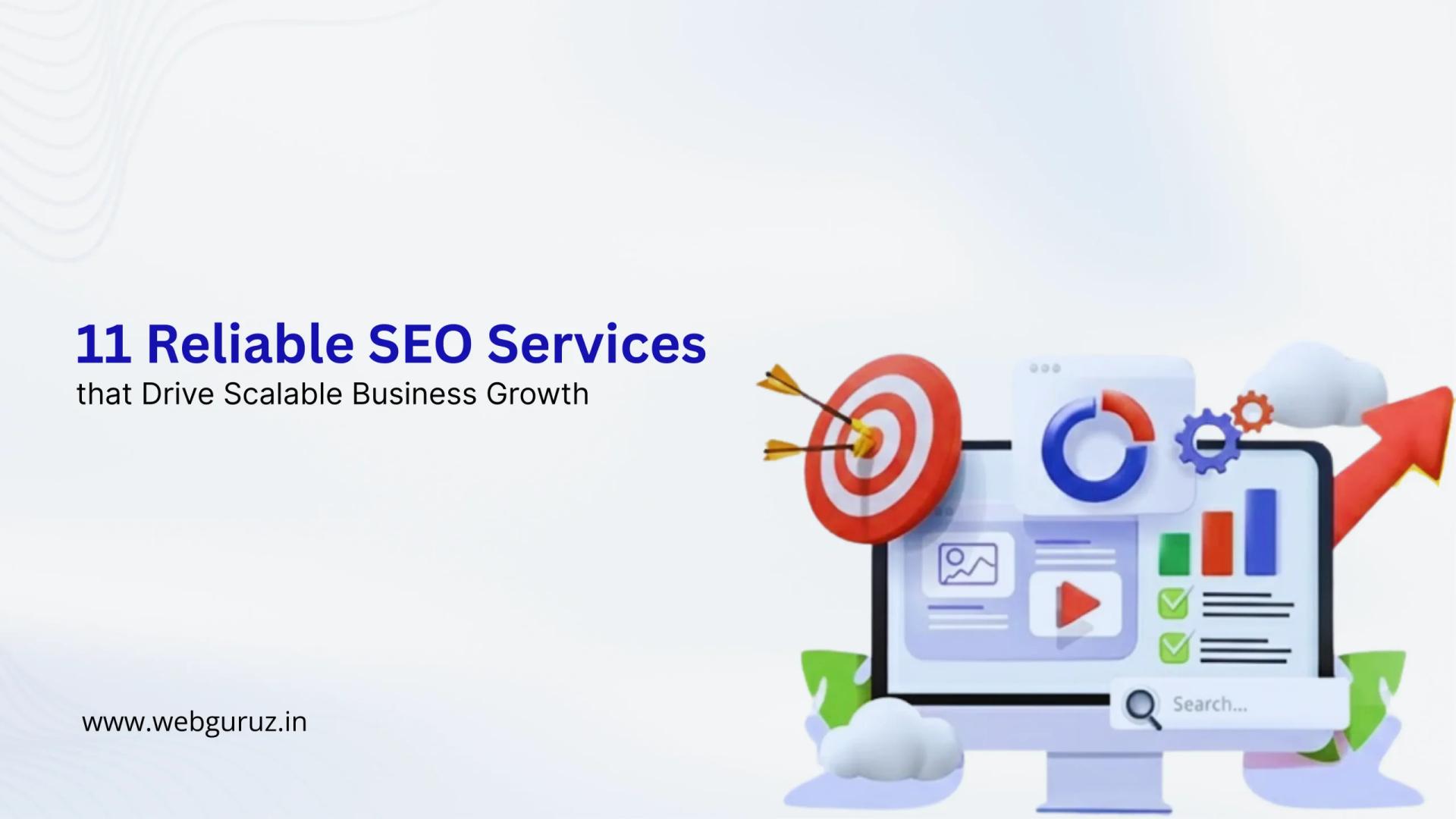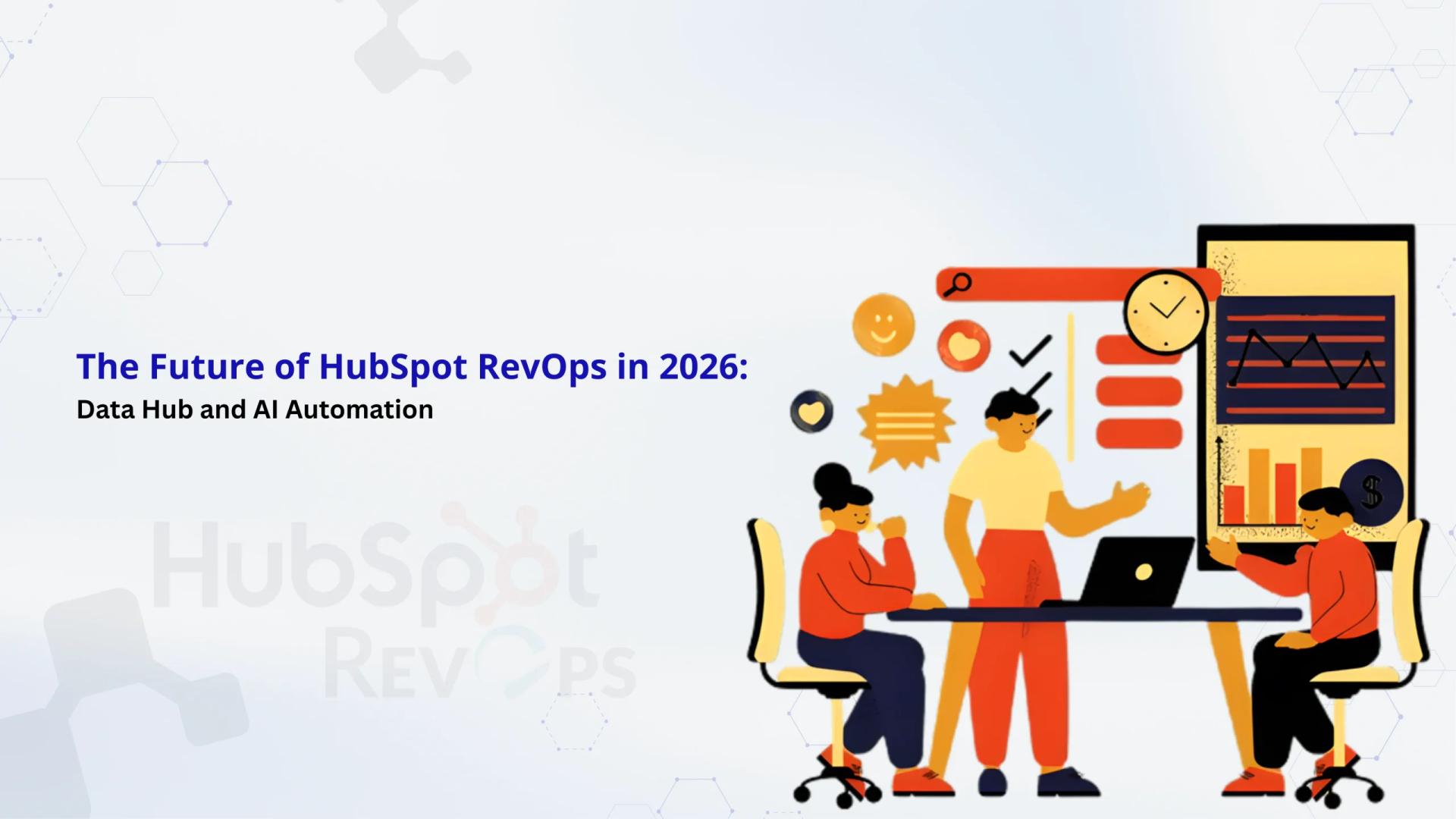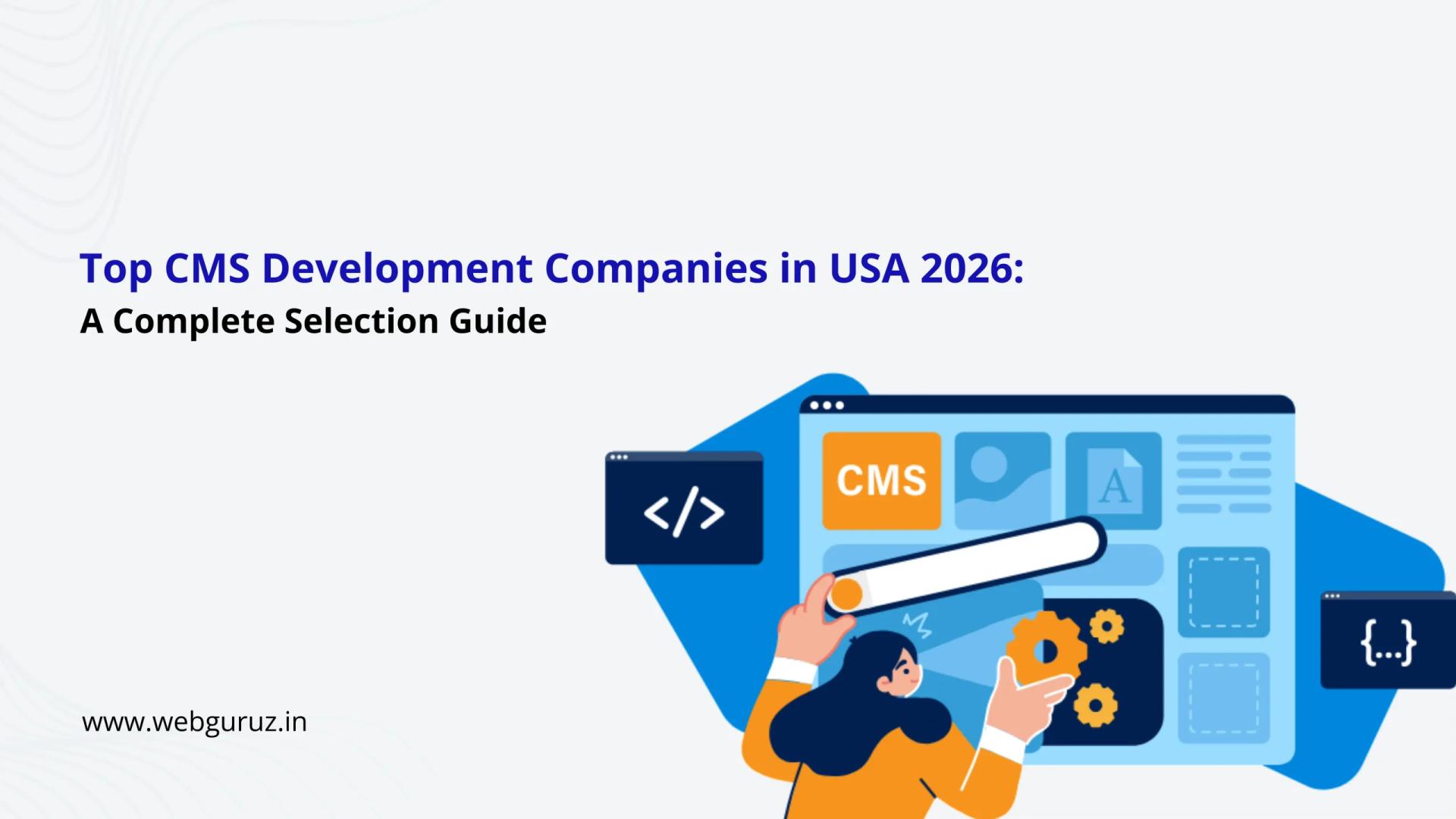Dilpreet Kaur
2026-01-06
7 min read
11 Reliable SEO Services that Drive Scalable Business Growth
Growing a business online requires more than just having a website and hoping people will find it.
Read More
Where businesses are evolving with the digital marketing landscape, using first-party data plays a crucial role in understanding their behavior and substantial outcomes from their research regarding data collection. Digital marketing agency websites leverage such data to enhance customers’ reach, relationships with them, and presence on digital platforms.
First-party data refers to all the information your company collects from the customers or audiences in the first place. This data can be obtained through various sources such as website visits, social media platforms, online polling methods, mobile apps, and other online campaigns such as e-mail marketing campaigns. Not standing with second or third-party data, first-party data is more reliable and authentic as it is collected directly from the target audience that has your products or services.
The basis for collecting first-party data depends on the various sources a digital marketing agency deploys at its end. It may differ based on the quality of data it requires or the demographic factors to employ its presence in that particular location. Here is how you can effectively collect your data via multiple digital sources.
Many digital marketing agency websites offer personalized matrixes for your business to cater to your audience’s preferences. You can enhance your business output and digital marketing by leveraging such tools from a digital marketing agency.
Across various channels and touchpoints, many platforms can provide better reach to first-party data. The choice typically depends on the nature of the campaign and the nature of interaction with the customers. Here are some tools for collecting first-party data:
Customer feedback platforms: Trustpilot, Reviews.io
Once you have gathered all necessary first-party data from various digital platforms, you must seek segmentation of interactions you received throughout the campaigns. Segmentation refers to categorizing your audience based on their behavioral conditions and characteristics. Here are some basic factors of segmentation for your digital marketing agency to offer to influence, improve engagements, and offer more conversing content to your audiences.
To turn your first-party data into successful and convertible insight, you must personalize it. Your segmented data can help you offer personalized messages to your audiences that resonate with each group. Customized messages and content are a significant system of providing impactful conversation and increased influencing tools by digital marketing agencies in this digital world.
First-party data is important in personalization and SEO strategies. By analyzing your data, you can identify recent trends, keywords, and content gaps. SEO provides valuable keywords for resonating content for your audience and helps you create authentic content that ranks high on Google.
In today’s competitive digital landscape, first-party data is a goldmine of insights that can transform your digital marketing strategy. Collecting, analyzing, and leveraging this data effectively can build a personalized, targeted, and customer-centric approach that drives engagement, conversions, and long-term loyalty.
With the help of a leading Digital Marketing agency like WebGuruz, you can use first-party data effectively and set your business apart from the competition. Whether upgrading your digital marketing agency website or running ad campaigns with an SEO strategy, having first-party data can help you achieve the desired success. For a thriving business setup, you must incorporate first-party data in your digital marketing campaigns and seal with the challenges in the vie market.

Dilpreet Kaur
2026-01-06
7 min read
Growing a business online requires more than just having a website and hoping people will find it.
Read More
Dilpreet Kaur
2026-01-02
7 min read
Revenue Operations, or RevOps, has become the backbone of how successful businesses operate today.
Read More
Dilpreet Kaur
2026-01-02
7 min read
Finding the right partner for your website isn’t like ordering pizza.
Read More